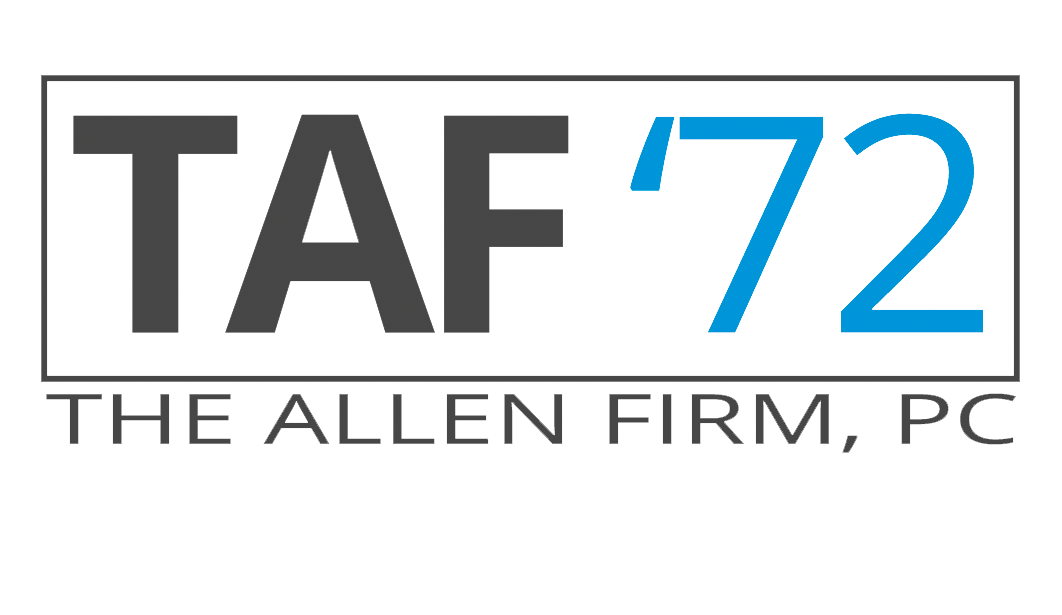Chosen to be the Executor of a Will? Executors need to know what kind of tax the estate owes, how the tax is calculated, and who pays the applicable tax. There are two types of taxes that an estate may be subjected to: (1) the federal estate tax; and (2) generational skipping tax.
Federal Estate Tax: The Federal Estate Tax is based on the fair market value of the deceased’s gross estate. The “gross estate” includes all separate property and one-half of community property (click here to read blog post entitled “Who Owns What and Where Does It Go During Divorce?“ ) which describes the difference between the property types). This fair market value is calculated at the time of death; however, at the option of the executor, six months from the date of death can be used alternatively. The gross estate may also include property the deceased held or had certain powers or rights to, such as a trust. Further, if an estate exceeds the federal estate exemption amount ($5,340,000.00 currently) then the estate must file a Federal Estate Tax Return with the IRS and pay the applicable estate taxes due.
Marital Deduction: Property distributed by a Will, under the federal estate tax scheme, entitles the inheriting surviving spouse to claim a marital deduction on the property. This deduction allows the transfer of property from one spouse to the other to be estate tax free and defers the estate taxes on the property until the death of the surviving spouse. However, the marital deduction does not apply to everyone. To qualify, property must be transferred in a way that satisfies the technical requirements of the Internal Revenue Code. There are additional special rules if the surviving spouse is not a United States citizen that should also be considered if applicable.
General Skipping Transfer Tax: The second type of tax the estate could be subject to is a Generational Skipping Transfer Tax (GST), which is applied to gifts during life or Will distributions made to “skip persons.” A skip person is two or more generations below the generation of the deceased. For example, Molly was given one-acre of her grandfather’s farm in his Will and Molly’s mother was given the other one-acre. Molly is two generations below her grandfather’s generation, so her acre would be subject to the GST; however, her mother’s acre of land would not because she is only one generation below and does not constitute a “skip person.”
The GST is calculated by the amount of the property given to a skip person, minus any GST exemptions, at the maximum gift and estate tax rate. Currently, the GST exemption is $5,340,000.00 . For example, if Molly’s acre of land was valued at four million dollars Molly would not owe GST, because the amount of the land is $1,340,000.00 less than her GST exemption.
There are many responsibilities of an Executor, including filing the appropriate taxes. Researching and being knowledgeable of the applicable tax responsibilities is important for the successful probate of a Will upon the death of a loved one.
THE TAKEAWAY: If the deceased’s gross estate is valued at less than $5,340,000.00 and the deceased did not give property to a skip person valued at over $5,340,000.00 then you should be able to rest assured that no taxes will be due.
– The Business Team
Scott | Josh | Jeremy
